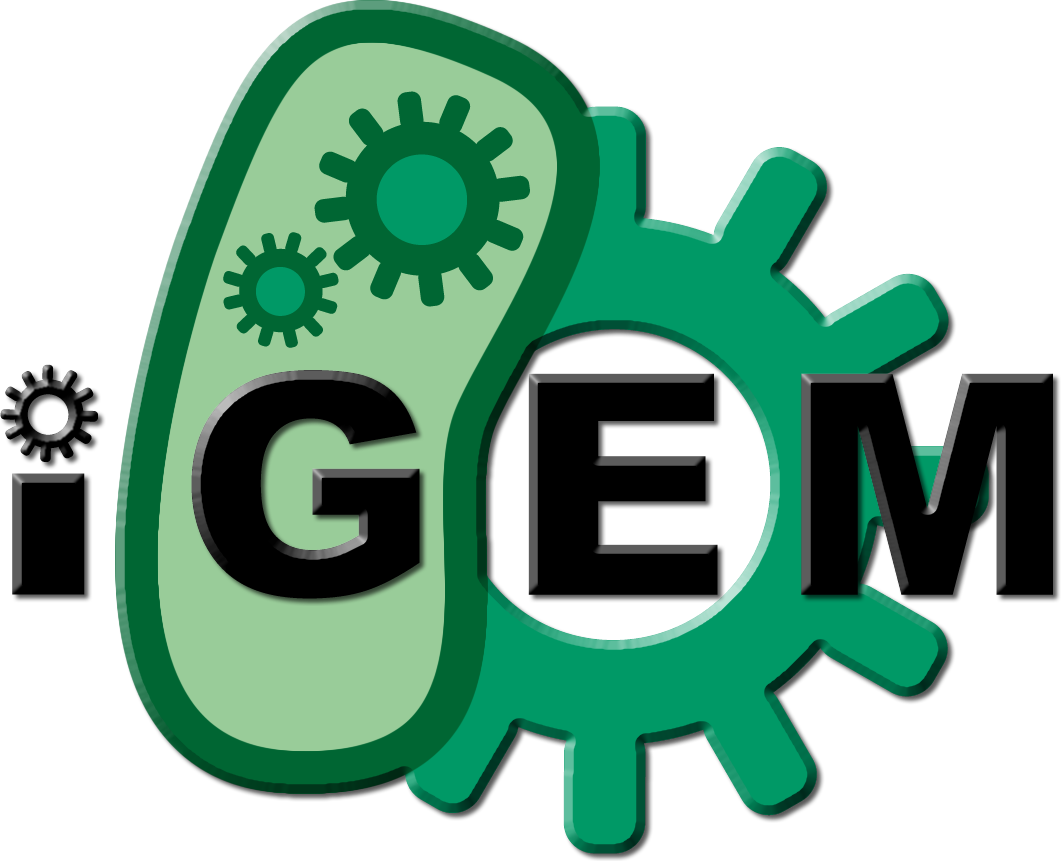| The human circadian rhythm drives many important processes in the body in accordance with the sleep/wake cycle. A characteristic of this biological clock is the periodic oscillation of gene expression. Current parts in the Registry designed to regulate periodic oscillations of gene expression have shown limited success.
Here we demonstrate a biological clock being standardised as a set of BioBrick parts.
Our network is controlled by an engineered promoter, Plac/ara, which features both an activator and a repressor domain. This controls the production of downstream genes to activate other inducible promoters, pBAD and GlnAp2, eventually leading to the production of a repressor protein, lacI, which inhibits Plac/ara, resulting in oscillatory expression. This project shows the feasibility of standardising the biological clock in E. coli and grounds further development for applications in regulated drug/hormone delivery and ion channel control.
| 
|




